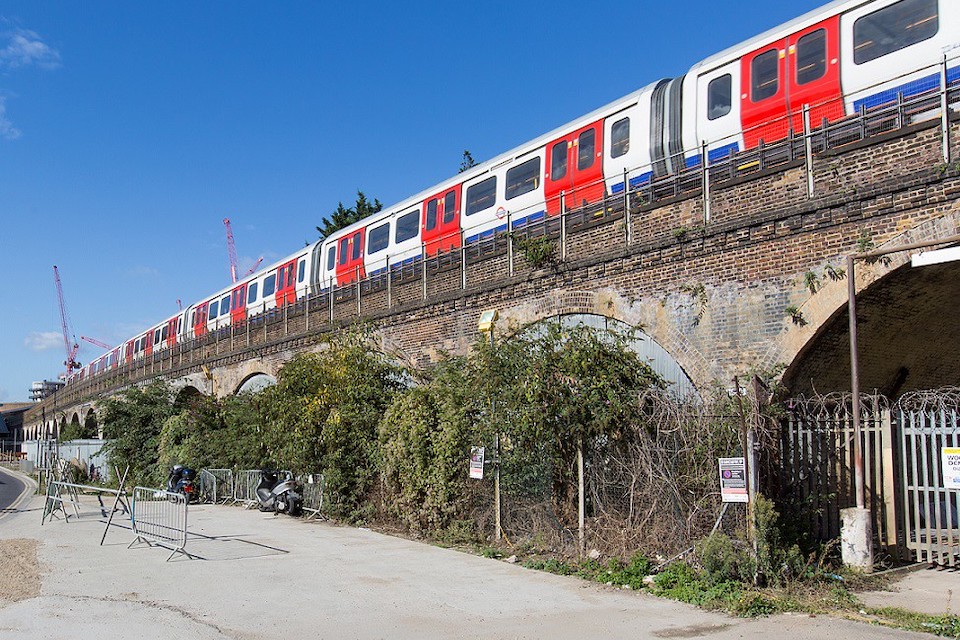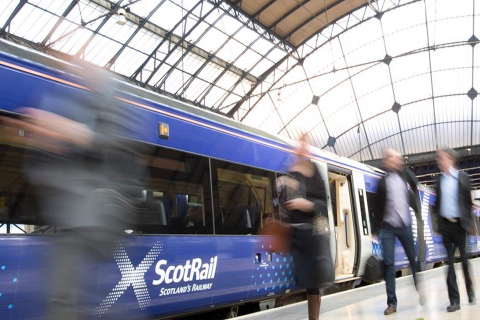Transport for London avoids bankruptcy, secures government funding: what’s next?

Transport for London, the body that manages public transport in the capital, has secured a last-minute deal with the UK government. A package of funding will guarantee passenger revenue until March 2024, giving TfL some certainty of available resources, despite the ongoing uncertainty in passenger behaviour in the post-pandemic era.
Want to read more?
You have read all of your free premium articles for this month. Please become a subscriber to keep reading.
Subscribe now!
Take advantage of our exclusive offer to get full access to all premium content.




